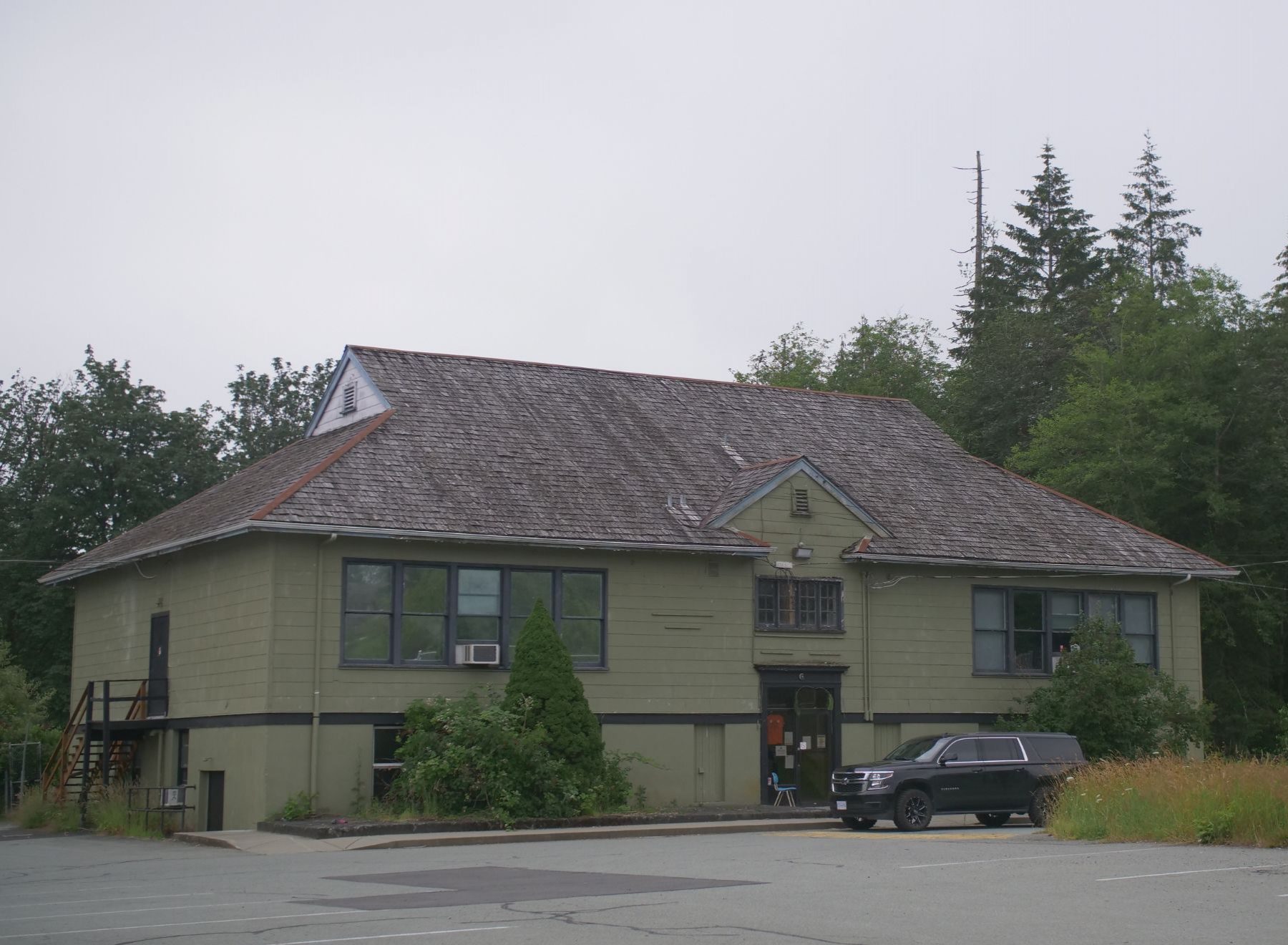A search for unmarked graves at a former United Church-run residential school has turned up results that will be released to the public next week. The c̓išaaʔatḥ (Tseshaht) First Nation in Port Alberni, B.C., is expected to make an announcement about the first phase of its research and scanning on Feb. 21, according to a media release issued on Feb. 13.
“We know this news can be difficult for all residential school survivors, their loved ones, communities and Canadians. However, this work is essential as we embark on this journey of truth,” said Wahmeesh (Ken Watts), Tseshaht First Nation’s elected chief councillor, in a statement.
“These preliminary findings provide survivors and our Nation with the knowledge and tools needed to continue our important and sacred work,” he added.
The Vancouver Island First Nation began the first phase of the ground-penetrating radar scans on the site of Alberni Indian Residential School in July. The United Church of Canada operated the school from 1925 to 1969. Prior to that, it was run by the Presbyterian church beginning in 1900, and after 1969, it was run by the Department of Indian Affairs until its closure in 1973.
Tseshaht First Nation is leading the ʔuuʔatumin yaqckʷiimitqin (Doing It for Our Ancestors) project, as the site of the former residential school is located on its traditional territory. The results will affect over 100 First Nations communities in British Columbia that had children attend the school.
Wahmeesh told Broadview last June that Tseshaht First Nation’s elected council met with United Church representatives in April 2022 for the first time to discuss how the denomination could potentially address the harms of potential unmarked graves at Alberni. He said it was a preliminary conversation, and that more parties needed to be “brought to the table.” “You can’t undo decades of what happened overnight,” he said.
He also said that Tseshaht First Nation was prioritizing the work, as some survivors had already died since 215 unmarked graves were detected at the site of the former Kamloops Indian Residential School in May 2021.
According to the media release, the project team is committed to providing “a cultural and spiritual safe space” for survivors as it moves through the next phases of its research and scanning, and to transforming the “narrative where this ‘school’ once stood.
If you are a residential school survivor or have been affected by the residential school system, you can call the 24-hour Indian Residential Schools Crisis Line at 1-866-925-4419.
***
Julie McGonegal is an associate editor at Broadview.
We hope you found this Broadview article engaging.
Our team is working hard to bring you more independent, award-winning journalism. But Broadview is a nonprofit and these are tough times for magazines. Please consider supporting our work. There are a number of ways to do so:
- Subscribe to our magazine and you’ll receive intelligent, timely stories and perspectives delivered to your home 8 times a year.
- Donate to our Friends Fund.
- Give the gift of Broadview to someone special in your life and make a difference!
Thank you for being such wonderful readers.
Jocelyn Bell
Editor/Publisher


Comments
WGNathaniel says:
I notice in the follow up article to this one that Broadview did not allow comments on the story. The follow up article stated there was no evidence of human remains found. The tests revealed "potential". What are the next steps going to be?